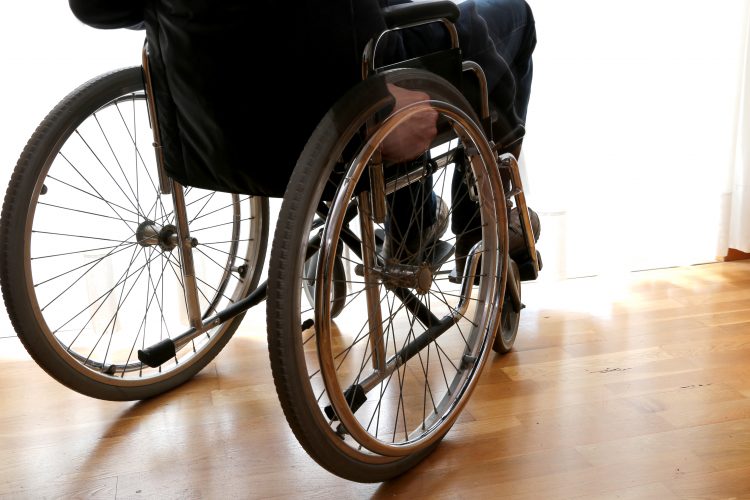Promising interim results from ALS study testing IPL344
The data suggests disease deterioration was halved in the six Amyotrophic Lateral Sclerosis (ALS) patients treated with IPL344 over eight months.
Interim results from a Phase I/IIa clinical study evaluating IPL344 as a treatment of amyotrophic lateral sclerosis (ALS) suggests the drug slowed disease progression and had a favourable safety profile.
The Phase I/IIa trial is an open-label, dose-ranging study with once-daily IPL344 treatment of rapidly progressing ALS patients. Subjects first enrol into a 28-day Phase I safety study that is then followed by a long-term open-label Phase IIa efficacy study. Patients started treatment at ALS Functional Rating Scale Revised (ALSFRS-R) values between 22 and 38 (on the 48-point scale). At this stage of the disease ALSFRS-R deterioration is linear, or even faster than linear. So far, eight patients have completed the 28 days safety study and no drug related adverse events have been observed.
Six patients were treated beyond four months, for an average duration of eight months (four to 13 months). Among these six patients, the deterioration rate of ALSFRS-R was 49 percent slower than before treatment. Change in disease progression predominantly occurred after the first two months of treatment. The disease progression rate beyond these first two months, was 61 percent slower than before treatment (as measured in six months on average before treatment). The projected linear deterioration rate is an established surrogate for a placebo group in early clinical trials in ALS; it is based on a large body of published research, studying disease progression in thousands of untreated ALS patients. During the average eight months of treatment study participants lost, on average, 4.7 fewer ALSFRS-R points compared to their projected loss assuming a linear deterioration rate (ie, their own pre-treatment deterioration rate).
The drug also influenced respiratory deterioration, measured by Slow Vital Capacity (SVC). Average SVC loss in the general ALS population (including slow progressors) is known to be 3.1 percent per month for patients with ALSFRS-R values of over 40. During IPL344 treatment the six participants lost only 1.3 percent SVC per month on average, a 57 percent slower deterioration in respiration.
IPL344 activates the Akt signalling pathway in a variety of cells, including neurons, inducing pro-survival and anti-inflammatory processes. The Akt pathway protects cells against destructive processes that are the main drivers of ALS: cell-death, inflammation and aggregation of misfolded proteins. Akt is downregulated in ALS, exposing neurons to these destructive processes. However, simply activating Akt in patients can be challenging, as many Akt activation pathways are disrupted by ALS.
In order to study Atk activation, Immunity Pharma (the developers of IPL344) developed a biomarker that quantitatively measures Akt activation in patients. Biomarker data from patients in this study confirms that IPL344 restored normal Akt activation levels.
“We have shown that our drug engages the Akt pathway, which is rapidly gaining recognition as a key pathway in ALS. We are pleased that even given this number of patients, the ongoing Phase IIa study showed a clinically-significant disease-slowing effect on both functional and respiratory scores (compared to patient’s projected deterioration trajectory),” said Eran Ovadia, Immunity Pharma’s Chief Executive Officer. “Together with our outstanding team of ALS clinicians, IPL is now planning a placebo-controlled pivotal trial with IPL344. We are encouraged by the sizable magnitude (about 50 percent) of the disease-slowing effect observed in this small study. Our goal is to establish this large effect in the pivotal trial, especially as even drugs with smaller magnitudes of effect are considered a great step forward.”
IPL344 received orphan drug designation from the US Food and Drug Administration (FDA) and the European medicines agency (EMA).










